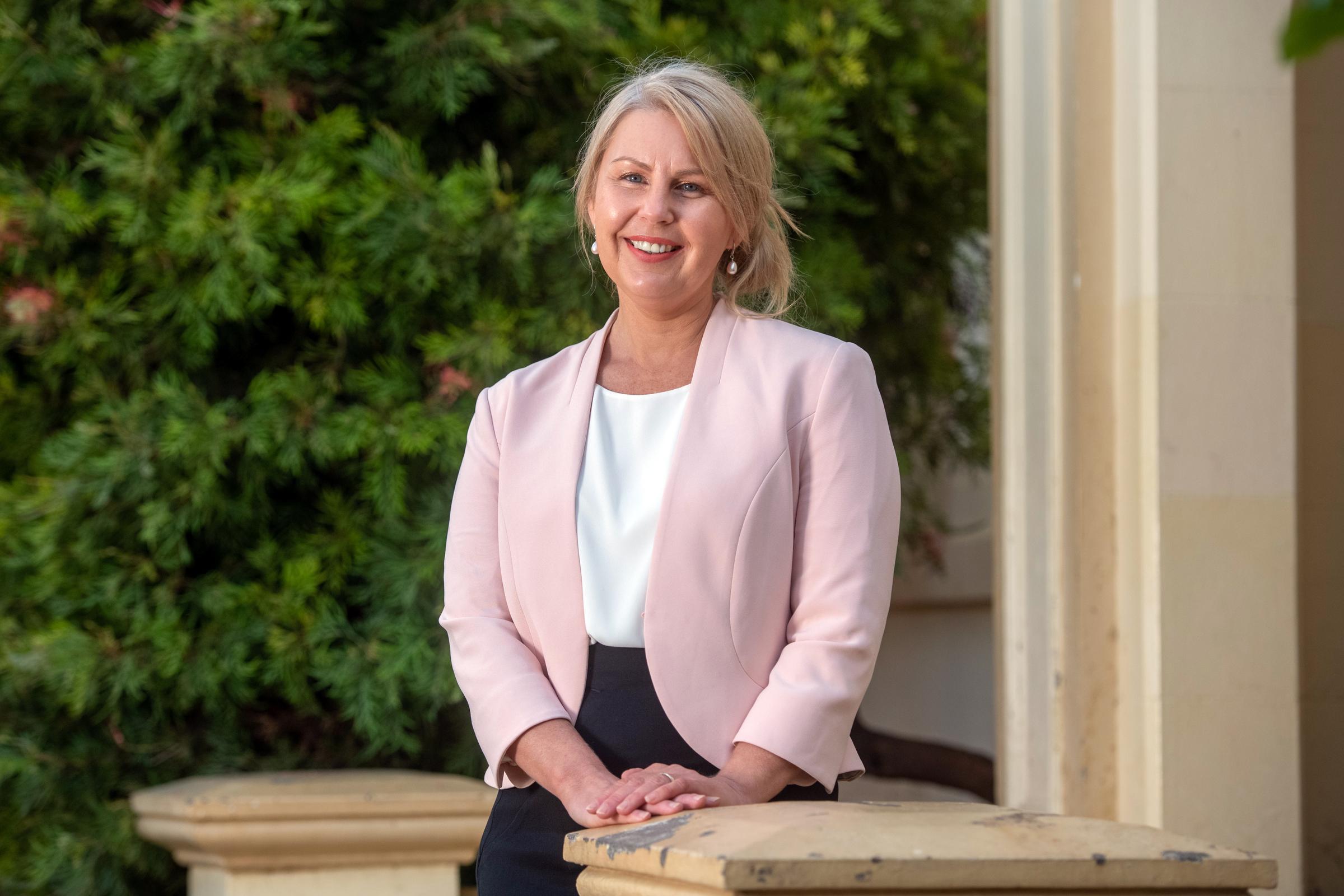From the Acting Head

It is a delicate business knowing when is too soon to talk about the silver linings associated with adverse circumstances. We should all be given the time to find our unique path through tough times and to draw our own conclusions. We are entitled to the time and space that allows us to feel, and react to our circumstances, and to come to the understanding that it is OK not to feel OK.
With today being the final day of remote learning for five of our thirteen Year level cohorts, at the risk of speaking too soon, I wanted to describe a few reflections that students have shared with me this week.
What has been most revealing to me about these musings is that they did not necessarily emerge effortlessly from the students. They were teased out through gentle conversation. What this indicates to me is that it can be difficult to describe how a slowly evolving and prolonged period of abnormality has impacted us. Unlike blunt trauma, the slow unravelling of the Coronavirus pandemic has been like a shadow for many, making its way insidiously into our lives, leaving little tangible trace and an emotional impression that can defy description.
The students I spoke with surmised that spending so much time with parents, from whom they are typically trying to gain space, has highlighted to them what really matters. Living under restrictions has revealed just how essential families are and the loss of access to grandparents and extended family has demonstrated to many young people the special place that family holds in their lives. Daily family walks are especially described by students with fondness. Certainly, the importance of friends has been rediscovered by many young people.
Many parenting experts espouse that boredom is one of the greatest gifts we can give children. While it is difficult to convince young people of this parenting wisdom, some students, in their own way, now acknowledge this as a truth. While they may not like to admit it, time in lockdown has allowed many children to manage their boredom. It has taught them resourcefulness and how to foster creativity. Some of our older students were able to articulate to me that without structured activities outside school hours, they have taken greater responsibility for occupying their time. If pressed, they will even confess that this has built their independence and allowed them to experience the satisfaction this brings.
The advantages of student agency, from our youngest to our oldest students, is one of the more conspicuous traits that many teachers have noticed and something that we will strive to nurture when students return to the classroom. We know that self-management skills impact academic and social-emotional progress, and many parents have supported their children in developing organisational and planning skills that will stand them in good stead as they return to the classroom. The positive impact of parents scaffolding, modelling and explicitly teaching these soft skills is invaluable.
It is the essence of resilience to grow through challenges. I think we are on the right track.
Dr Emma O’Rielly
Acting Head
